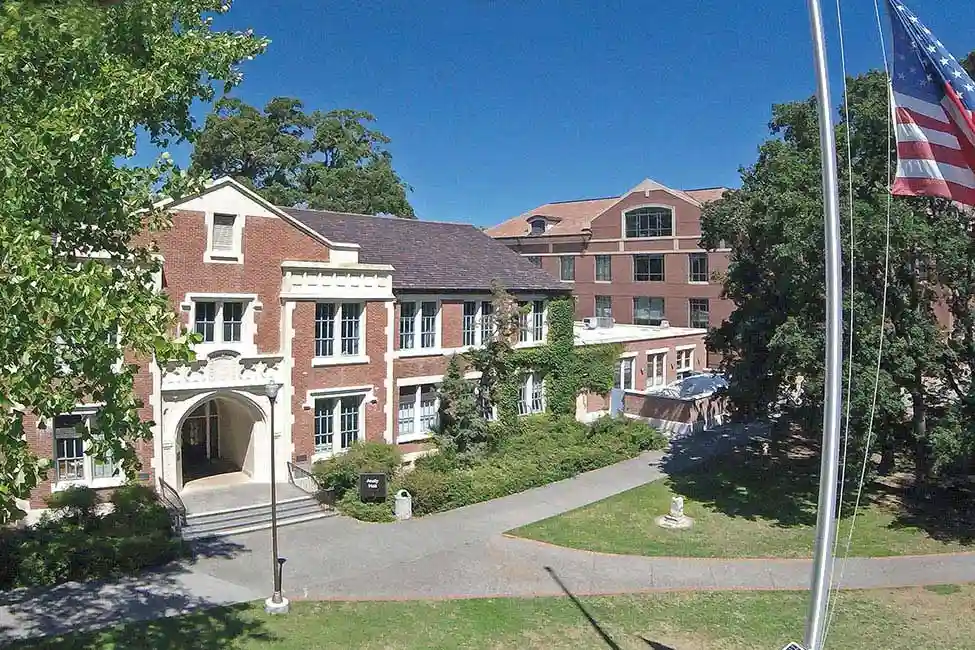5 Things Students Should Know About College-Level Exams

As a new college student, it is easy to feel outside of your element. You’re adjusting to a new schedule, new friends, even new ways of eating your meals. Not to mention academically, classes and exams that vary greatly from your high school experience. While things are different and perhaps even difficult, they aren’t impossible — especially if you keep in mind these five things about college-level exams.
Time is crucial
If showing up late was OK in high school, it is time to break that habit as you prepare for your college exams. Many professors will not allow you to even take your test if you don’t arrive on time to class, so pay special attention to start times and plan ahead. Your high school teacher may have reminded you to study or given you warnings as the clock wound down, but your college professor will expect you to take personal responsibility for such things.
You’ll also need to pace yourself as you take your exam. Look at how much time you have left versus the number of questions, and check in with yourself on your progress frequently.
Studying takes more time
In high school, many students might feel they can simply show up for a test and study during the half hour or so before. This is rarely the case for college-level exams, which tend to be very comprehensive and a combination of lecture, outside reading, etc. You’ll begin preparing as soon as you begin the class at the start of the semester, and all material outlined in the course syllabus is typically fair game.
To score highly on college-level exams, expect to do all of the assigned reading and work for the course, but also to put in several study sessions of review. Look at your notes, readings, and even listen to important lectures if you can. Exams tend to be less frequent, and therefore cover much more material — potentially even material that wasn’t specifically discussed in class.
They’re testing for different things
Many high school tests focus on a student’s ability to recall some material. In college, most professors want to know if you can think critically about the material and engage with it in a meaningful way. Don’t come to a test expecting to simply regurgitate facts and then forget them.
Instead, do the coursework and study in such a way that you develop a thorough understanding of the material which you can draw upon to apply it to different situations. This way, you’ll have no trouble answering questions based on skills you’ve undoubtedly acquired during the semester.
Writing matters
Even if you’re being tested in a subject outside of English Composition, writing matters. Teachers will frequently mark points off for answers that contain frequent misspellings, rogue (or no) punctuation, and poorly constructed sentences.
In the workplace, writing matters as well — which means it matters to a lot of college professors, too. If you know that an exam may require long- or short- written answers, try to get your hands on a practice test (or make up your own) and practice writing trial “essays” under time constraints.
They tend to carry more weight
While high school may have been full of weekly tests and pop quizzes, college exams tend to occur less often throughout the semester, which means they generally carry more weight toward your overall class grades. A low score may be enough to tank your grade, so make sure you know how each exam is weighted — and plan accordingly!
You should also examine your instructor’s policy on being absent for exams. For some, a missed exam (for any reason) is an automatic zero. If this is the case, you’ll want to make sure your alarm is set and you’re ready to go, even if you’ve got a little cold or would rather take your test tomorrow.
College is largely about developing a sense of responsibility that will carry you into the workforce, so professors don’t mess around at test time. However, with a little preparation, acing your college exams is totally possible. Happy studying!
Heather Hamilton is a contributing writer for Varsity Tutors, a live learning platform that connects students with personalized instruction to accelerate academic achievement.
This article was shared with us by CollegeWeekLive.
Study in the USA
Get matched to the best program for you
Let us know what you're looking for so we can find the best school for you.
Useful Articles
Check Out These Schools

Santa Rosa Junior College
$10,000 — $15,000 Year


Start your U.S. adventure with Study in the USA

Learn About U.S. education financing, housing, and more
Resources
Learn about American culture and education direct from our experts at Study in the USA. Read more












